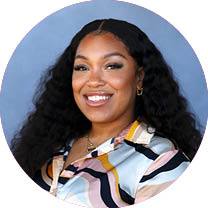The owner of Potter’s Place Pottery opened the Stafford shop in 2000, after a suggestion from her husband sparked the idea to finally learn how to mold ceramics from a slab of clay into something new, she said.
“He rues the day he ever did that because it's turned into this," she said, laughing. "And it's really a passion.”

How it started
Even before she became an artist, a teacher and a business owner, Cruce loved pottery and the feel of earth. Her mother would let her bring small things back from gift shops.
“It was the feel of the mud and the dirt,” Cruce said. “I used to play Barbies, and I would stick my Barbies in the mud. I was always outside.”
When she was older, she went to the jungles of Peru, swapping clothes for pottery from different tribes, she said.

“It's a family,” she said. “Everybody feels like family. And if they don't, they don't tend to last very long here.”
Who it's for
Cruce said it's important to teach and move pottery forward since it's one of the oldest human traditions.
“It's our obligation as older potters to teach younger people so they can carry on the tradition," she said.

Sarah Khan, who is a retired medical doctor, said she always wanted to learn pottery. As she worked on a new piece using techniques she learned from Cruce, she called the shop her “happy place.”
“You build something with your hands—a bowl, a mug, something functional—there’s something rewarding in that,” Khan said.
- 741 Dulles Ave., Stafford
- www.pottersplacepottery.com






